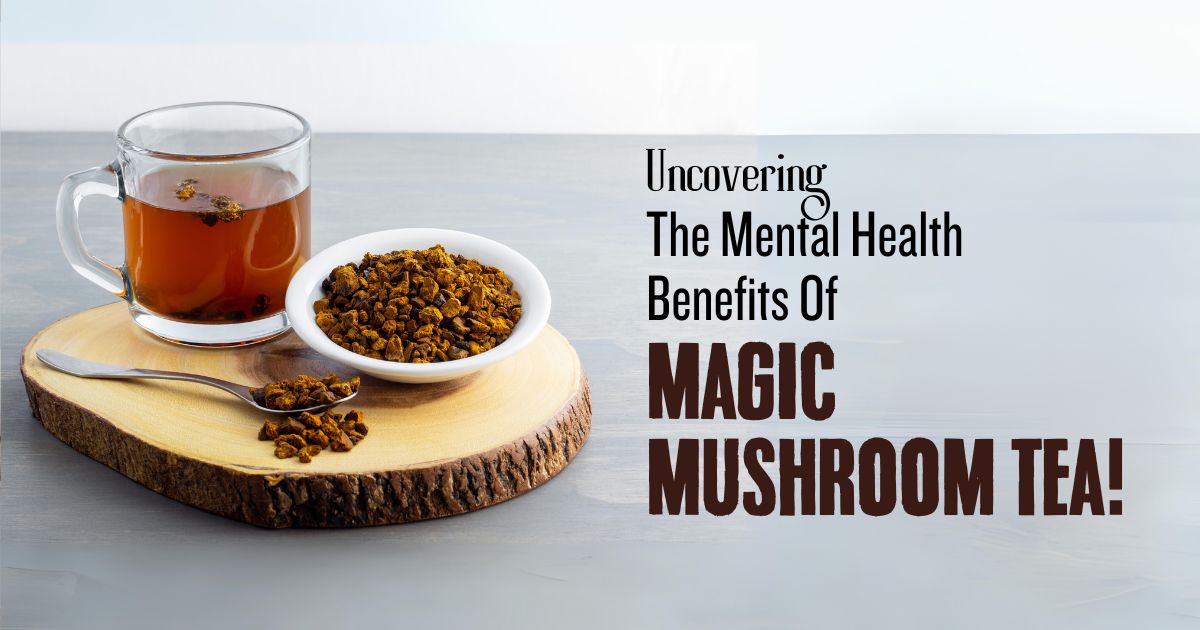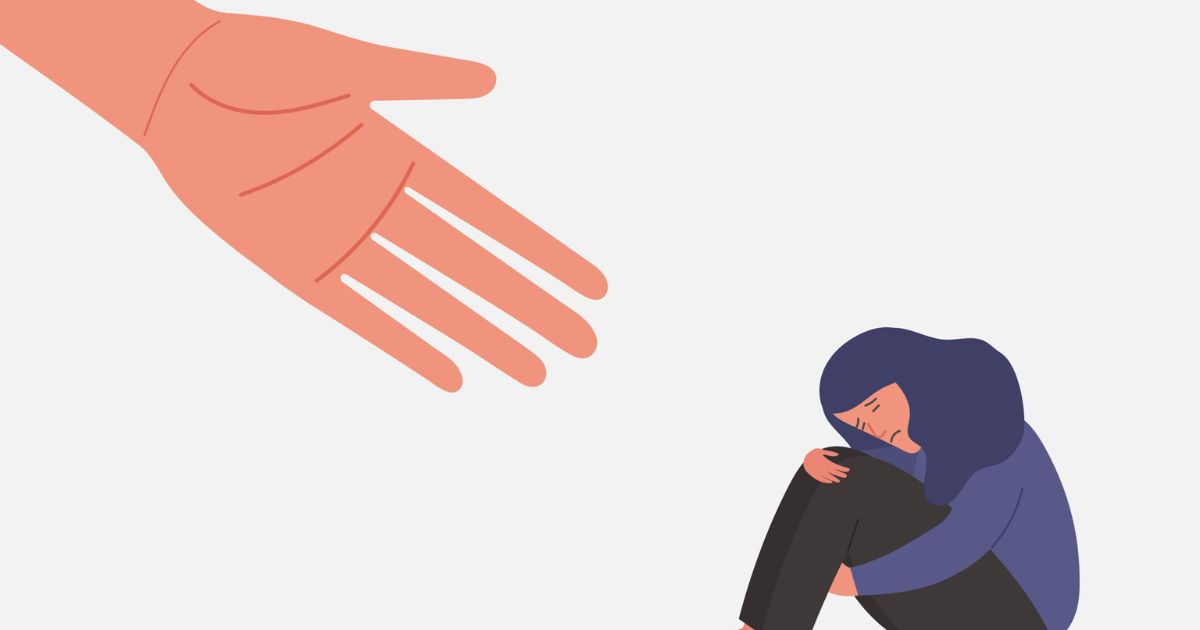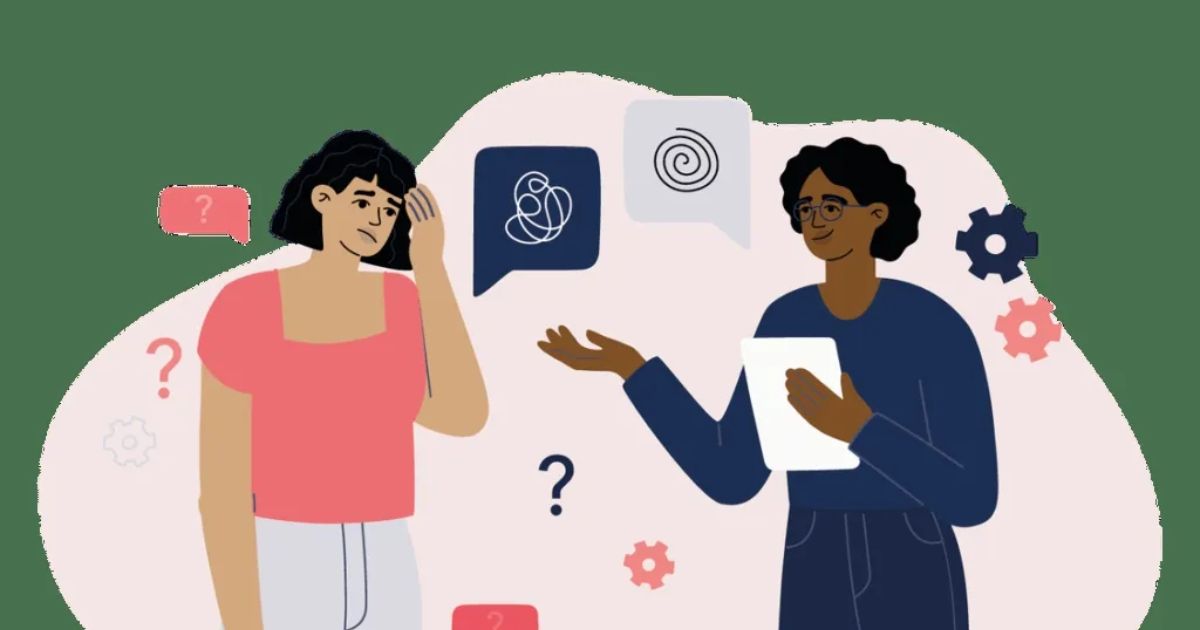Brain News
Researchers at the American Academy of Neurology explored how everyday physical and mental activities (like household chores, exercise, family visits, etc.) lower the risk of dementia. The study is published in the journal Neurology.
The Study
The researchers surveyed 501,376 people, with an average age of 56 years and without dementia, from a UK database. The participants were followed for an average of 11 years.
At the beginning of the study, the participants were asked to fill out questionnaires about their lifestyle habits. They were asked about their physical activities (like walking, household chores, transportation used, participation in sports, etc.) and mental activities (education, family visits, participation in social clubs and religious groups, use of electronic devices, etc.). They were also asked about their respective family history of dementia.
The Findings
The results revealed that certain lifestyle habits are associated with lower dementia risk. It was found that people who frequently engaged in exercise, household chores, and family visits were less vulnerable to dementia.
In fact, most of the participants did not develop dementia and greatly benefited from the protective effect of physical and mental activities—notwithstanding their family history of dementia.
One of the lead researchers, Huan Song, elaborated: “Our study has found that by engaging more frequently in healthy physical and mental activities people may reduce their risk of dementia. Our results are encouraging that making these simple lifestyle changes may be beneficial.”
To Know More You May Refer To
Zhu, J., Ge, F., Zheng, Y., Qu, Y., Chen, W., Yang, H., Yang, L., Fang, F., & Song, H. (2022). Physical and Mental Activity, Disease Susceptibility, and Risk of Dementia: A Prospective Cohort Study Based on UK Biobank. Neurology, 10.1212/WNL.0000000000200701. Advance online publication. https://doi.org/10.1212/WNL.0000000000200701




























